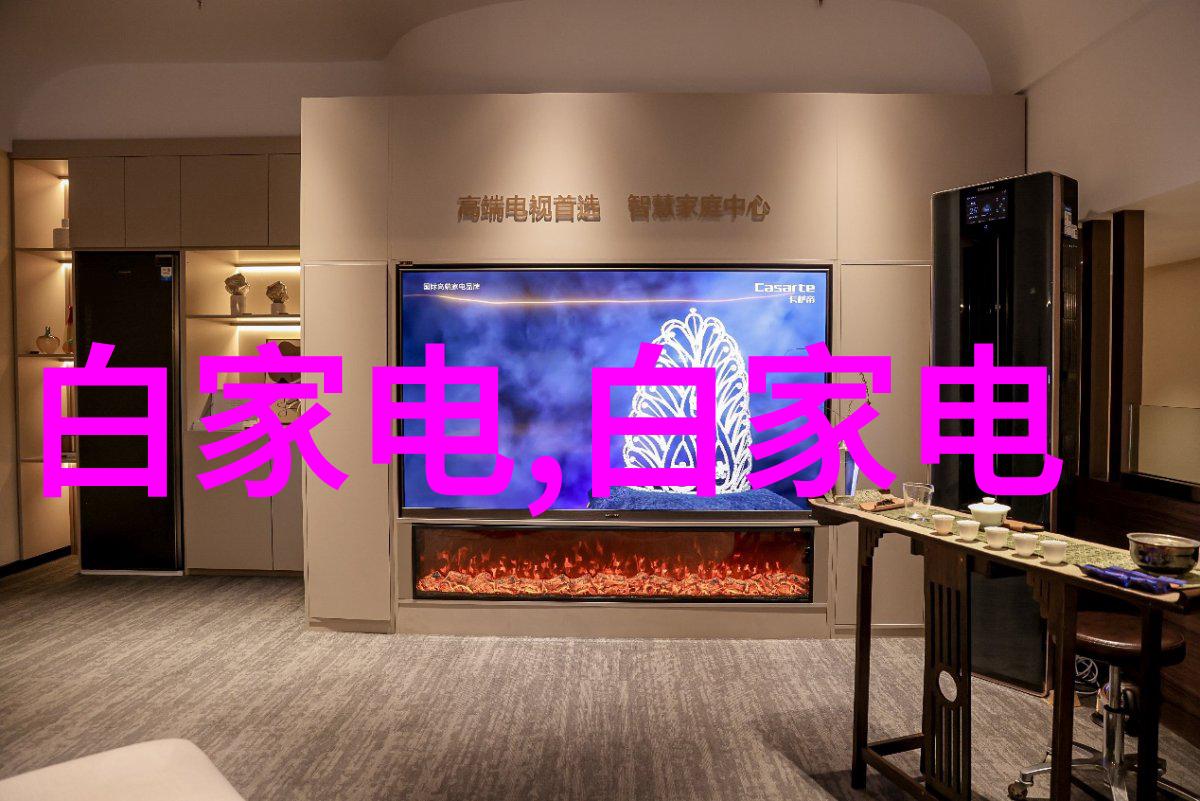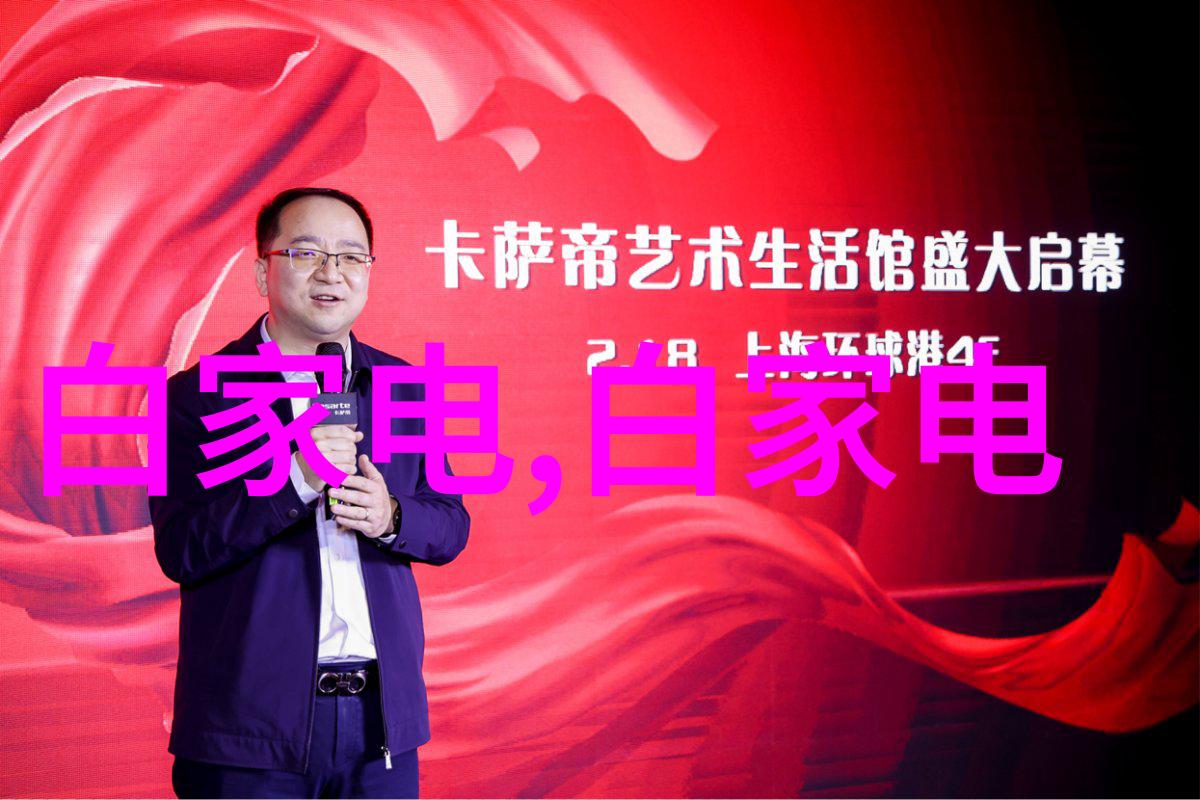污染的轮回工业水脉的净化之舞
污染的轮回:工业水脉的净化之舞

在现代工业社会中,随着生产力的不断发展和技术的飞速进步,工业活动产生了大量废水,这些废水含有各种有害物质,如重金属、油脂、化学品残留等,对环境造成严重破坏。因此,如何高效地处理这些工业污水成为了一个紧迫的问题。
第一章:污水生成与危机

首先,我们需要了解为什么我们需要处理工业污水。Industrial waste water generation is a complex process that involves various sources of pollution, such as chemical manufacturing, textile dyeing, and metal plating. These activities release a cocktail of harmful substances into the environment, posing significant risks to human health and ecosystems.
第二章:处理流程概述

The industrial wastewater treatment process typically involves several stages: pre-treatment, primary treatment, secondary treatment, tertiary treatment and disposal. Each stage serves a specific purpose in removing pollutants from the wastewater.
Pre-treatment: This initial stage removes large particles and debris from the wastewater to prevent clogging downstream equipment.
Primary Treatment: In this step, physical processes are used to remove suspended solids and other contaminants through sedimentation or flotation.

Secondary Treatment: Biological processes are employed here to break down organic matter using microorganisms or plants.
Tertiary Treatment: This advanced level of treatment may include additional steps such as filtration or disinfection to further reduce pollutant levels.

Disposal: Finally, treated water can be discharged into receiving waters or reused for various purposes like irrigation or cooling systems.
第三章:生物学方法与物理力场
In biological treatments like activated sludge processes and trickling filters, microorganisms play a crucial role in breaking down organic pollutants into harmless byproducts. Physical methods like coagulation-flocculation also aid in particle removal by altering the charge on particles' surfaces so they clump together more easily.
第四章:化学法则与能源效率
Chemical additives can enhance pollutant removal efficiency during certain stages of the process. However, their use must be carefully managed due to potential environmental impacts themselves if not properly controlled.
Energy recovery from industrial waste water has become increasingly important as it reduces energy consumption while minimizing landfill space needed for disposal materials after processing.
第五章:创新技术与可持续未来
Advancements in membrane bioreactors have allowed for higher quality effluent with lower residual suspended solids content than traditional technologies offer; henceforth reducing eutrophication risk upon discharge back into aquatic environments when compared side-by-side with conventional methods at equivalent operational conditions (e.g., flow rates). Moreover advancements within anaerobic digestion could potentially yield greater gas production along with better energy conversion efficiencies leading towards an overall greener future across industries involved worldwide today who continue relying heavily on fossil fuels which contribute significantly towards greenhouse gases emissions causing global warming issues we're facing right now & need urgent solutions before things worsen further ahead!


